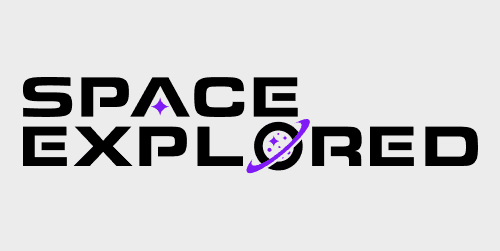
Earlier this week, Arianespace suffered another failure with its Vega rocket, this time with the upgraded Vega-C variant. The launch took place from the Guiana Space Centre in South America and was supposed to carry two French satellites into orbit.
Vega-C upper stage fails shortly after liftoff
Vega-C, the upgraded version of Arianespace’s small satellite launcher, consists of four stages. The first three use solid rocket propellant, with the fourth using hypergolic liquid fuel. Vega-C’s first stage, the P120C, performed as intended and burned for just shy of two and a half minutes. However, the second stage, the Zefiro-40, ran into issues shortly after ignition.
In a statement after the failed launch, Arianespace CEO Stéphane Israël stated, “an underpressure has been observed” in the second stage, and the mission was lost. A later statement gave the time of anomaly as T+2 minutes and 27 seconds, which lines up with the telemetry found in the launch broadcast. Right after the first stage cut off, the rocket’s altitude began to drop.
Since the failure, Arianespace and the European Space Agency have convened an independent inquiry commission. This commission will be co-chaired by ESA’s Inspector General and the CTO of Arianespace. Unfortunately, we don’t expect an update from this commission on what caused this failure soon.
A troublesome rocket
This is not the first failure of the Vega rocket; in fact this is the third failure since 2019. A less than ideal track record as Arianespace has been forced to compete with the cheaper and extremely reliable Falcon 9 rocket by SpaceX. Soon, even more low-cost options will enter the competition, with Firefly already successfully launching a payload to orbit and Relativity and ABL Space Systems coming online hopefully in 2023.
Since 2019, the Vega rocket has had only a 67% success rate, putting it far below the rest of the industry. However, it is still in the high 80s overall, so the last few years might be something to look at, but it doesn’t tell the whole story. Each failure makes this rocket more and more reliable, and when I think about it, the last time I said that was with Astra, and look at how they’re doing at the current moment. I think the difference between Astra and Arianespace is Ariane has had years of success with Vega, and this is a new chain of issues. On the other hand, Arianespace is a seasoned launch provider, so I have extreme faith in its ability to fix whatever is causing the chain of issues.
FTC: We use income earning auto affiliate links. More.



Comments